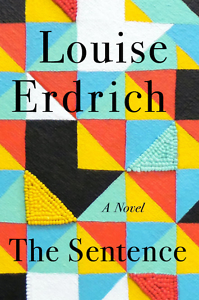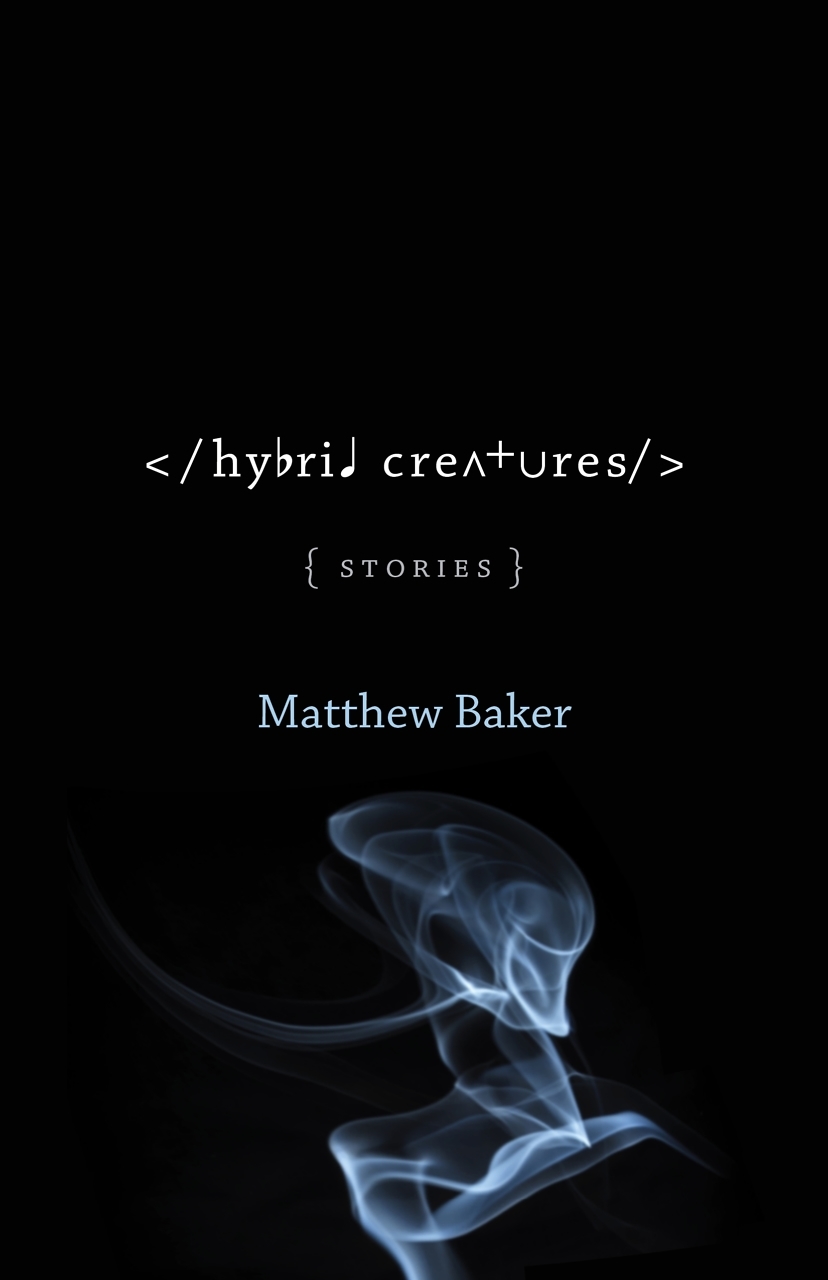How Much Do We Owe the Dead?
In The Sentence, a customer’s ghost haunts a bookstore over the course of one harrowing year
In Louise Erdrich’s latest novel, The Sentence, the owner of an independent bookstore in Minneapolis — also an author named Louise — listens as one of her booksellers, Tookie, describes a troubling phenomenon. Their “most annoying customer,” recently deceased, has been haunting the store. What’s more, she may have been killed by a book.

“Books aren’t meant to be safe,” Louise says, not quite grasping Tookie’s meaning.
Pages later, Tookie discusses some books that have kept her reading, despite something about them that made her bristle — something about the author’s idiosyncratic presence. Tookie notes, “The life of the writer cannot help but haunt the narrative.”
The Sentence takes place during a time of global haunting: between All Souls’ Eve 2019 and All Souls’ Eve 2020. With the pandemic, the looming presidential election, and the tragic conflagration that engulfed Minneapolis after the murder of George Floyd, that year’s destabilizing events created a time when, as Erdrich writes, “The rules for being alive kept changing.”
Like her fictional counterpart, Erdrich owns a Minneapolis bookstore that specializes in Indigenous authors. The Sentence is not the first time Erdrich has brought her own life into her fiction. In The Night Watchman, which won the Pulitzer Prize earlier this year, she drew from her grandfather’s efforts to fight governmental undermining of Chippewa rights and tribal status.
Here, The Sentence merges biography and fiction in different, self-aware ways that seem to reflect the surreal swirl of events happening around its characters. Fictional Louise may own the bookstore, but the novel belongs to Tookie, a discerning narrator whose book-love has sustained her through personal disaster.
 An Ojibwe woman with an intimidating physical presence, Tookie doesn’t waste time on sentimental pursuits or conventional beauty: “I am not about teachable moments.” During a long stretch in prison, Tookie learned to “read with murderous attention.” Now, years later, Tookie has found a loving, stable home with her husband, Pollux, and a rewarding job at the bookstore.
An Ojibwe woman with an intimidating physical presence, Tookie doesn’t waste time on sentimental pursuits or conventional beauty: “I am not about teachable moments.” During a long stretch in prison, Tookie learned to “read with murderous attention.” Now, years later, Tookie has found a loving, stable home with her husband, Pollux, and a rewarding job at the bookstore.
After years of trying to cope with the remorse and trauma stemming from her incarceration — as well as managing her impulse toward self-destructive choices — Tookie’s peaceful life feels deeply fortunate. It also feels tenuous. Given her people’s history, after all, she feels “an inherited sense of oblivion.” A foreboding seems to hang in the air, and now an actual ghost is following her around at work.
That ghost is Flora, a white woman who spent decades molding her personal history to fit into Indigenous circles — a “wannabe Indian.” In life, Flora made an ambiguous figure, expressing both a troublesome insistence on cultural appropriation and a generous drive to help community members whenever she could. Flora’s ghostly presence in the store begins with subtle disturbances, but soon her haunting grows in intensity and hostility.
Her coworker argues that some people “are difficult to deal with after death. They don’t behave like dead people. They are death resisters.” Still, when Tookie thinks of the people she’s lost, all the grief and considerable trouble they’ve caused her, she wonders, “How much do we owe the dead?”
As the pandemic descends, everyday life becomes dominated by the absurdities of the unknown virus: “What was it? Where was it? It felt like anything and everything might kill you. It was spectral, uncanny. Deadly but not. It was terrifying. It was nothing.”
In the middle of this frightening gamut, Tookie and her loved ones are suddenly shattered as they watch video of George Floyd’s murder by a police officer. Tookie and her loved ones and colleagues brace for the subsequent waves of escalating protest, the blowback of teargassing and beatings, and the widespread, fiery destruction that will engulf the city for many days.
These events unleash profound emotional fallout for Tookie, who has been in the hands of law enforcement innumerable times; for Pollux, who was once a tribal police officer; and for their adopted daughter, Hetta, a new mother who is compelled to join the front lines of the protest.
These scenes are propelled by harrowing detail. They convey the scope of the unrest and suffering but remain focused on the direct experiences of Tookie and her inner circle, thereby threading numerous strands of Tookie’s world with the wider frame of reference enveloping all of Minneapolis, the nation, and the rest of the world.
The Sentence benefits from Erdrich’s signature literary vision, which includes this agile skill in bringing multiple characters and narrative elements together into sudden focus — often in service of compassion.
Outside a hospital filled with COVID patients, Tookie observes: “Sometimes the hospital emitted thin streams of mist from the cracks along its windows and between the bricks. They took the shapes of spirits freed from bodies. The hospital emitted ghosts. The world was filling with ghosts. We were a haunted country in a haunted world.”
In such moments, Erdrich swirls together huge swathes of narrative, history, personal reflection, and metaphysical complexity. In a few lines, she calibrates her novel’s vast scope, retaining its intimate power.

Emily Choate is the fiction editor of Peauxdunque Review and holds an M.F.A. from Sarah Lawrence College. Her fiction and nonfiction have appeared in Mississippi Review, Shenandoah, The Florida Review, Rappahannock Review, Atticus Review, Tupelo Quarterly, Late Night Library, and elsewhere. She lives near Nashville, where she’s working on a novel.


